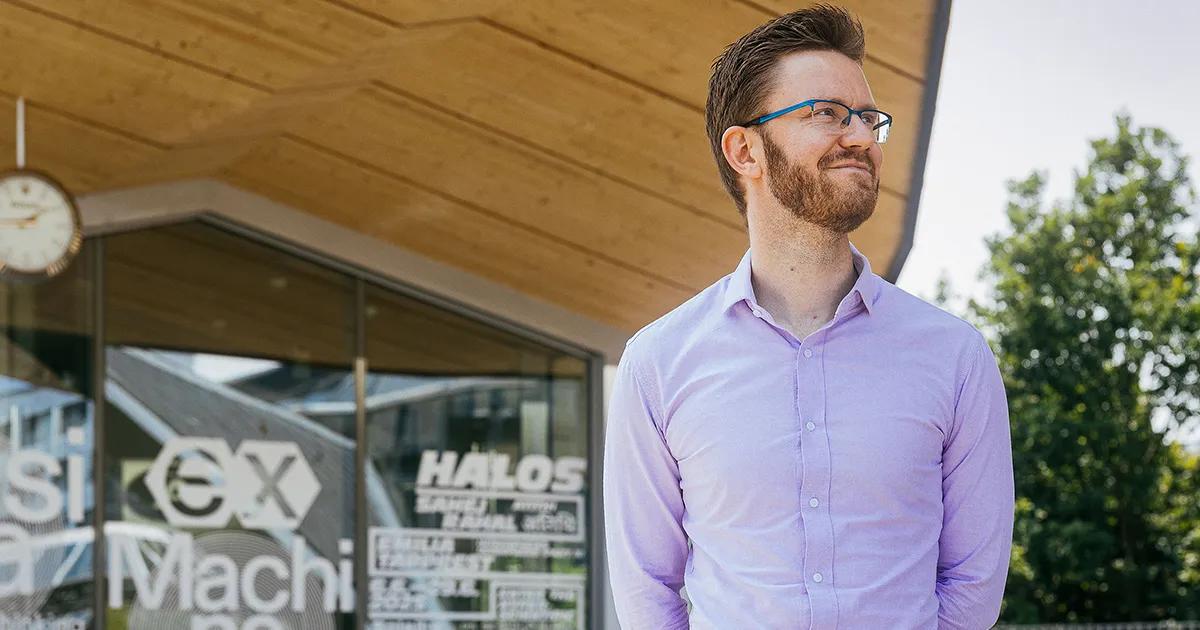
For Martin Schrimpf, the true potential of artificial intelligence lies not just in its ability to perform various tasks, but in the insights it can provide into human intelligence. Schrimpf is on a groundbreaking mission to construct a “digital twin” of the brain by leveraging artificial neural networks. These AI models are inspired by the intricate ways in which neurons communicate with one another, aiming to unveil deeper understanding of cognitive processes.
While the ultimate aim may seem ambitious, Schrimpf’s methodology is refreshingly straightforward. The process begins with testing individuals on tasks that pertain to language or vision. Following these tests, the observed behaviors and brain activities are compared against the outcomes derived from AI models designed to tackle similar challenges. This comparative analysis allows for the fine-tuning of AI models, progressively enhancing their resemblance to human cognition.
To optimize the effectiveness of this process, access to substantial data and diverse models is crucial. In response to this need, Schrimpf created an open-source platform known as Brain-Score. This innovative platform hosts nearly a hundred human neural and behavioral data sets, which have been instrumental in comparing thousands of AI models against human data since its inception in 2017. Notably, this was during Schrimpf's tenure as a graduate student, showcasing his early commitment to the field.
Initially intending to pursue a career in the tech industry, Schrimpf co-founded two software startups early in his academic journey. However, he soon felt a sense of unfulfillment in this path. “I thought I could ask neuroscientists how the brain works, and that would help me build better AI,” he shared. “But I realized there’s a huge opportunity in the opposite direction: prototyping ideas in silico on a computer and using AI models to explain the brain.” This revelation prompted him to transition from his native Germany to the United States, where he earned a doctorate in brain and cognitive sciences at the prestigious Massachusetts Institute of Technology.
In 2023, Schrimpf returned to Europe to establish the NeuroAI Lab at the Swiss Federal Institute of Technology Lausanne. This lab aims to further explore the depths of human cognition through the lens of artificial intelligence, ultimately contributing to a better understanding of both AI and the human brain. Schrimpf’s journey reflects a commitment to not just advancing technology, but also to uncovering the mysteries of the mind.